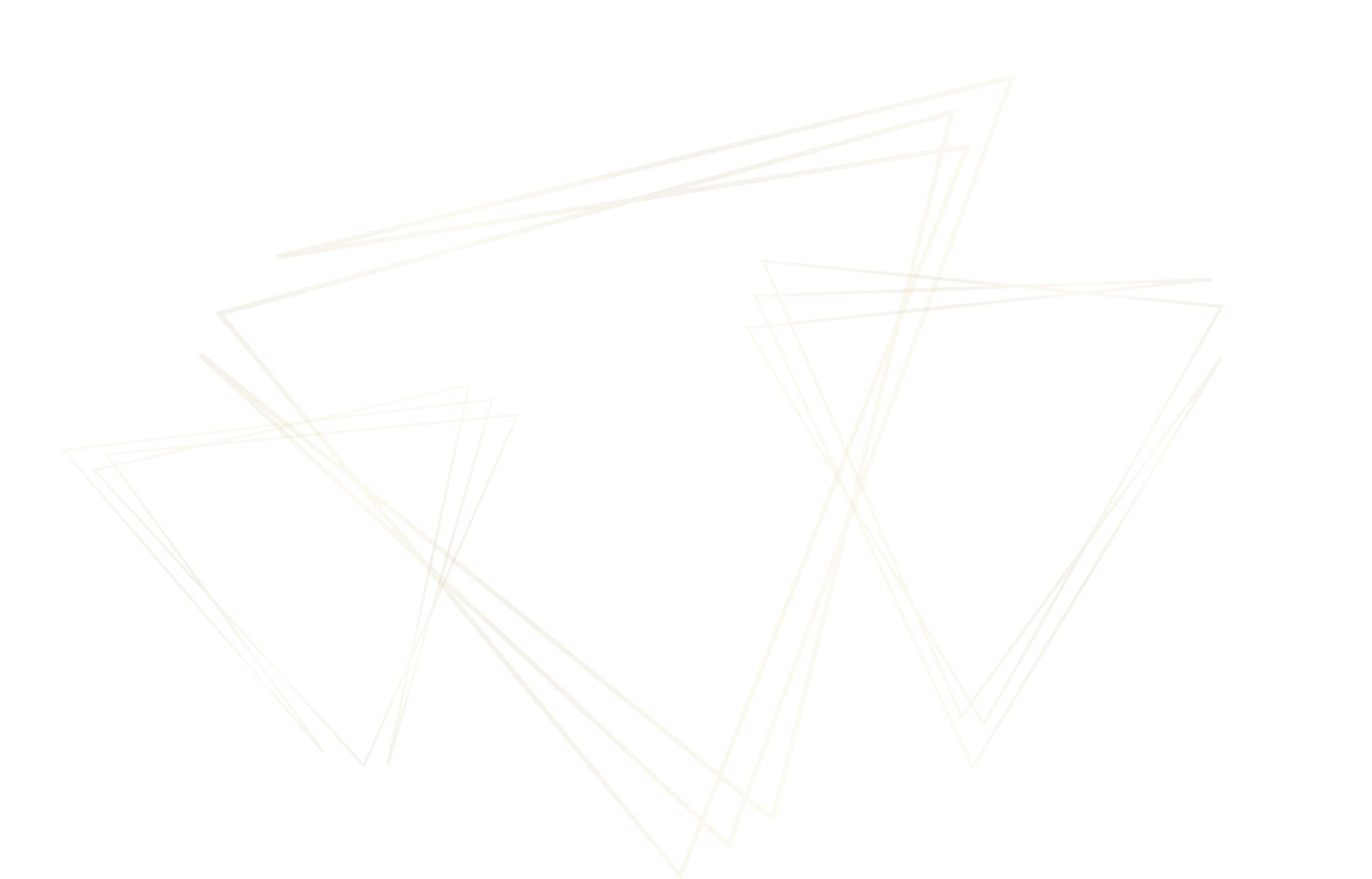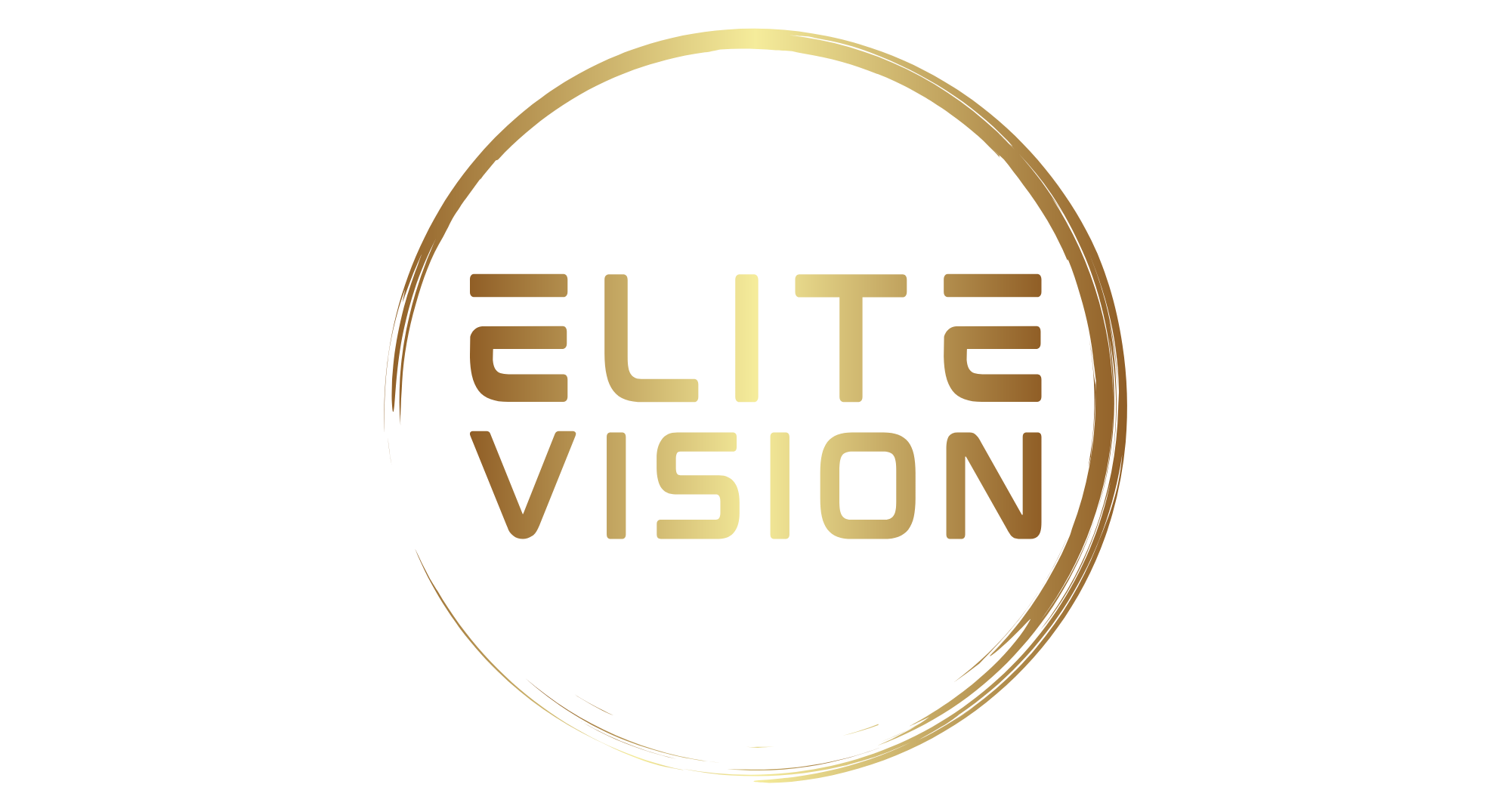Your Eyes Are the
Windows to Your Health
Did you know that diabetes is the leading cause of preventable blindness in North America?
Optometrists can often detect signs of diabetes early with comprehensive eye exams. Because diabetes increases a person’s risk of developing certain eye conditions and diseases, it’s critical that anyone with this condition schedules and attends yearly eye exams.
Protect your health and preserve your vision. Contact us today to schedule your next eye exam.

Understanding Diabetes & Your Vision
Diabetes is a health condition that affects how the body uses glucose. People with diabetes must manage their blood sugar because high blood sugar can damage their retinas.
Anyone with diabetes (type 1, type 2, or gestational) is at risk of developing a diabetic eye condition. Diabetes also puts you at a higher risk for other eye conditions and diseases, like cataracts and glaucoma.
Diabetic Eye Conditions
Diabetic Retinopathy
Diabetic retinopathy is characterized by high blood sugar that can damage the blood vessels in the retina and can lead to partial or full vision loss if left untreated. More than half of people with diabetes develop diabetic retinopathy.
When these blood vessels are damaged, they begin to leak blood and fluids. The body tries to make new blood vessels to compensate for the damage, but these vessels are usually weak and cause more issues. Diabetic retinopathy may not show symptoms at first but can be detected with dilation.
During dilation, your optometrist puts drops into your eye that dilate (widen) your pupils. This allows your optometrist to see your retina clearly and detect early signs of conditions such as diabetic retinopathy.
Diabetic Macular Edema
The macula is a part of the retina that allows you to read, drive, and see faces. Swelling in the macula can lead to a condition called diabetic macular edema (DME) which is usually a complication of diabetic retinopathy.
With DME, fluid leaks from blood vessels into the macula which can cause damage that affects your central vision. 1 in 15 people with diabetes will develop DME. If left untreated, DME can lead to partial or full vision loss.

Our Diagnostics
At Elite Vision Consultants, we use a variety of diagnostic tools to examine your eyes with care. We want to give you the full picture, which is why we use top-of-the-line technology to perform diagnostic tests.
Fundus Photography
Fundus photography is a way to examine your ocular health by taking a series of photographs of your eye’s interior. This is done with a fundus camera which is a specialized, low-power microscope attached to a camera. Fundus photography allows your optometrist to examine ocular structures, such as the optic disc, retina, and lens.
Optical Coherence Tomography
Optical coherence tomography (OCT) is a non-invasive image test that uses light waves to take cross-section photos of your retina. OCT allows your optometrist to see each layer of the retina, as well as to measure and map its thickness.
Gonioscopy
Gonioscopy is the examination of your eye’s anterior chamber (front part of the eye) between the cornea and the iris. Using a slit lamp, your doctor will shine a light into your eye and use a special lens to perform the test.
This exam looks for issues with the drainage angle (the area where fluid drains out of the eye) to ensure there isn’t undue pressure in your eyeball.
Book Your Appointment Today
If you have diabetes, it’s important to schedule and attend yearly eye exams with your optometrist. You may be asked to come in more frequently to ensure your vision and eye health are being properly treated and managed.
Book your next appointment with us today.
Our Locations

Elite Vision Crown Point
- 123 N. Main St, Suite 102
- Crown Point, IN 46307
Contact Information
- Phone: 219-323-3130
- Email: [email protected]
Our Hours
- Monday: 8:00 AM – 3:00 PM
- Tuesday: 8:00 AM – 3:00 PM
- Wednesday: 10:00 AM – 7:00 PM
- Thursday: 8:00 AM – 3:00 PM
- Friday: 8:00 AM – 12:00 PM
- Saturday: Closed
- Sunday: Closed
Elite Vision Cedar Lake
- 9849 Lincoln Plaza Way
- Cedar Lake, IN 46303
Contact Information
- Phone: 219-323-3130
- Email: [email protected]
Our Hours
- Monday: 10:00 AM – 3:00 PM
- Tuesday: 10:00 AM – 5:00 PM
- Wednesday: 8:00 AM – 3:00 PM
- Thursday: 10:00 AM – 3:00 PM
- Friday: 8:00 AM – 12:00 PM
- Saturday: Closed
- Sunday: Closed

Our Services

Our Brands









